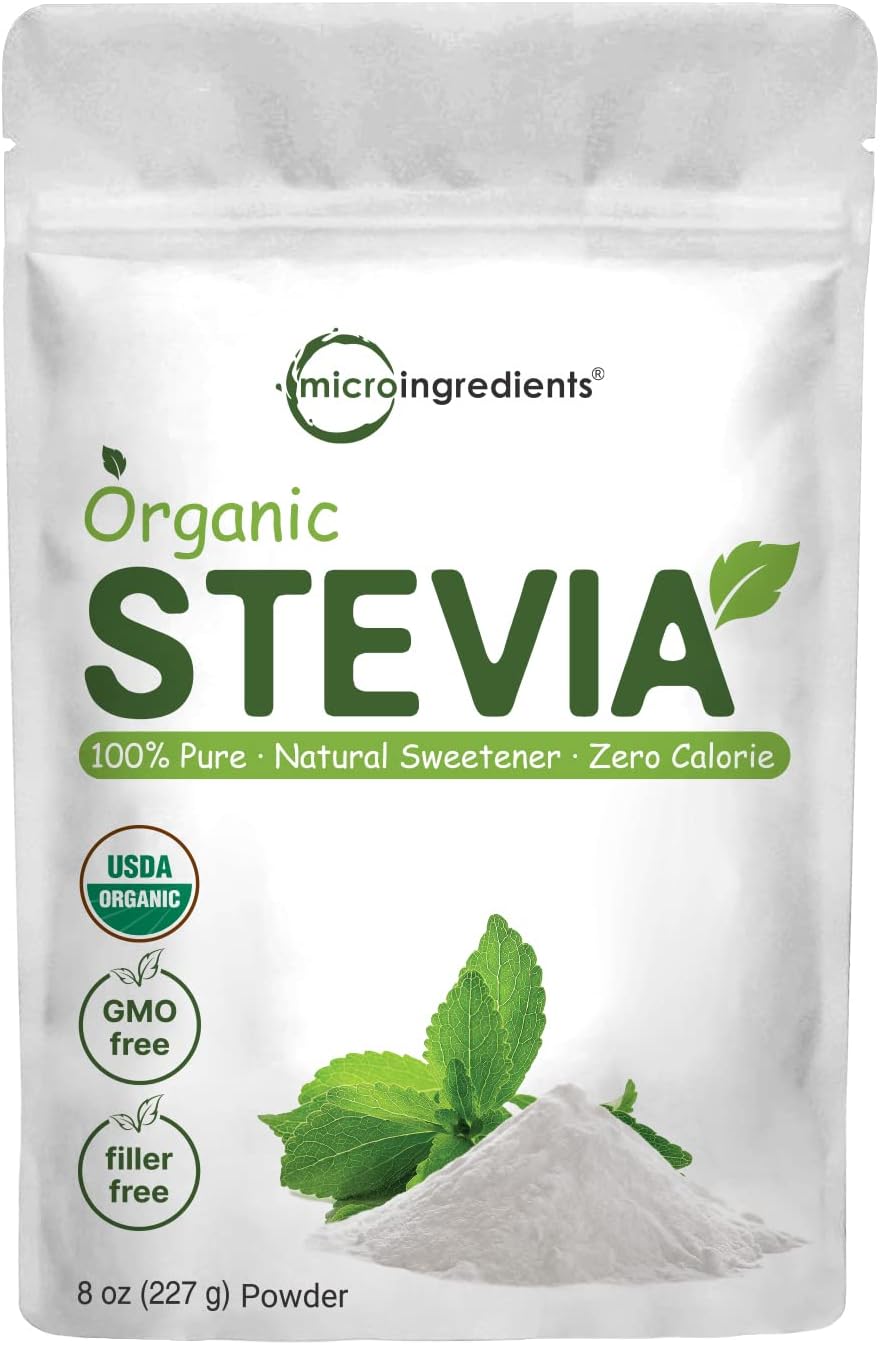International associations of doctors and nutritionists have many times accused transnational corporations, manufacturers of food and, first of all, sugar-filled drinks, of irresponsible marketing and lobbying activities.
Moreover, this irresponsibility borders on a large-scale crime, leading to so many diet-related diseases, for example, obesity and stage II diabetes, that it can easily be called an epidemic. It is only relatively recently that progress has begun to be made on this issue. a number of countries have introduced government measures, including a tax on sugar, designed to reduce the amount of this ingredient in food products.
At the same time, consider that sugar and sweeteners would be an absolute evil. They play an essential role in our diet and important for health, but only in necessary, reasonable quantities.
To make the right choice, you must have reliable information. One that would be proven by medical research and published information. Nutritionist, scientific consultant of the International Association of Food and Nutrition Vasiliki Piroyanni and actress Vicky Volioti discussed program “All About Our Life” on the topic of sweeteners in our diet.
Inextricably linked to improving and maintaining good health, a balanced diet is now not only a priority but also a constant pursuit in our daily lives. At a time when the plethora of food options pushes the constant search for balance between healthy eating and pleasure, sweeteners with few or no calories play a catalytic role in finding the right solution.
What is happening to our health? Actress Vicki Volioti talks about her eating habits
“I usually avoid eating sugar. I demand the same from my daughter. “I also don’t use sweeteners, except for a few times when I use a specific type,” says the celebrity.
Nutritionist and scientific consultant of the International Association of Food and Nutrition Vasiliki Piroyanni explained in detail what sweeteners are: “These are ingredients added to food and drinks to give them a sweet taste.. Their main purpose is to replace sugar. Low-calorie sweeteners contain either very few or no calories, do not affect sugar levels and are not food for oral bacteria“
Are we losing weight or not?
New evidence emerged from the recent European Nutrition Conference on whether sweet-tasting supplements actually help us lose weight.
Expert’s opinion: “The new data presented concerns two new large studies. Scientists studied what happens to a subject if a person takes sweeteners not only during weight loss, but also while maintaining it. This is what both studies focused on. As a result, experts discovered that people who used sweeteners in their diet were better able to maintain their lost weight over a year or two“
Sweeteners undergo safety testing
“When it comes to cancer, there is a question mark regarding direct connection between sugar consumption and cancer. Consumption is one thing, overconsumption is another. Sweeteners are additives, so during monitoring, what we call the acceptable daily intake is determined. WHO checks what level of consumption the population is at and draws appropriate conclusions.”
As for people with diabetes, the expert noted that it is recommended to use sweeteners instead of sugar, since they do not affect the jumps in the “sugar curve” (a sharp decline or rise in blood sugar). “Researchers note that when we consume food, we eat the entire dish (food), not just the sweetener in its pure form. Thus, the sweetener may not affect the sugar, unlike other ingredients in the dish. Evaluation and study of the health effects of sweeteners continues. But of course, moderation is required in everything.”

A reasonable and informed choice of sugar substitutes has a positive effect on health, as they can reduce the risk of a number of diseases, in particular:
- reduce the glycemic response, i.e. blood glucose levels after meals, reducing the risks of metabolic disorders, cardiovascular diseases, hypertension and strokes;
- reduce the risk of caries and speed up rehabilitation after treatment;
- reduce the calorie content of foods, thereby preventing overeating and, as a consequence, the risk of obesity;
are a nutrient substrate, feeding for intestinal microflora, which produces a number of substances extremely important for human health, in particular butyrates, thereby reducing the likelihood of colon cancer; - contribute to more regular and soft stools, preventing the risk of constipation and the intoxication caused by them[8];
- acidify the pH in the intestines, which is an important factor for increasing calcium absorption, and is essential for preventing the development of pathogens in the digestive tract.
Types of sweeteners
There are many different types of sweeteners, but they can all be divided into 6 groups:
- Natural syrups and concentrates.
- Sugar.
- Oligosaccharides.
- Sugar alcohols.
- Natural intense sweeteners.
- Artificial sweeteners.







More Stories
Serious threat to fertility, sleep and metabolism, increasing risk of cancer
Heat: The problems it causes in the cardiovascular system
Stepped on a Sea Urchin? Learn How to Remove the Spines